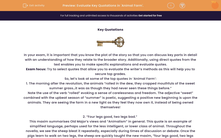Key Quotations
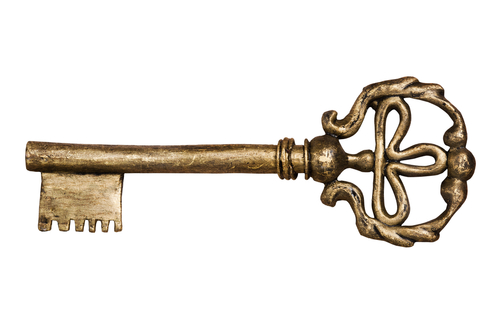
In your exam, it is important that you know the plot of the story so that you can discuss key parts in detail with an understanding of how they relate to the broader story. Additionally, using direct quotes from the text enables you to make specific explanations and evaluate quotes.
Exam focus: Try to select quotes that allow you to evaluate the writer’s methods as this will help you to secure top grades.
So, let’s look at some of the top quotes in ‘Animal Farm’:
1. The morning after the revolution, the animals “rolled in the dew, they cropped mouthfuls of the sweet summer grass…it was as though they had never seen these things before.”
Note the use of the verb “rolled” evoking a sense of carelessness and freedom. The adjective “sweet” combined with the upbeat season of “summer” is poetic, suggesting a positive new beginning is upon the animals. They are seeing the farm in a new light as they feel they now own it, instead of being owned themselves!
2. “Four legs good, two legs bad.”
This maxim summarises Old Major’s views and “Animalism” in general. This quote is an example of simplified language, perhaps used for the less intelligent, or lower class of animal. Throughout the novella, we see the sheep bleat it repeatedly, especially during times of discussion or debate. Once the pigs learn to walk on two legs, the sheep are quickly taught the new maxim, “four legs good, two legs better”. The syntax is reversed and the meaning changed dramatically. However, the sheep continue to chant this song, not realising how detrimental they are being about themselves.
.jpg)
3. The mystery of the missing milk is solved when Squealer states: “Milk and apples (this has been proved by Science, comrades) contain substances absolutely necessary to the well-being of a pig. The whole management and organisation of this farm depend on us.”
This quote is an example of Squealer’s rhetoric. Squealer is used to defend the pigs’ decision and prevent any potential disorder. Note his use of scientific facts to support his viewpoint and the use of hyperbole through the use of “whole” and “depend” casts no doubt on the importance of the pigs to every animal. His persuasive ability creates a successful mask and instead presents the pigs as acting selflessly for the good of everyone.
4. Snowball’s exile is full of action: “nine enormous dogs wearing brass-studded collars came bounding into the barn. They dashed straight for Snowball, who only sprang from his place just in time to escape their snapping jaws.”
The adjective “enormous” to describe the “nine” dogs highlights how unfair Snowball’s treatment is. The verbs “bounding”, “dashed” and “snapping” evoke a sense of chaos and panic which, when combined with the dogs’ strength, makes the reader concerned for Snowball’s safety. The violent lexis marks the start of Napoleon’s reign of terror.
5. “Squealer could turn black into white”
This highlights Squealer’s persuasive ability. It could also be argued that Squealer highlights Napoleon’s intelligence as Napoleon utilises Squealer’s strength and uses it for his own gain.

6. “I will work harder!”
Boxer’s catchphrase is repeated throughout the story and exemplifies the view of the proletariat. Note the use of the pronoun “I” to show how workers believed their sole purpose was for the state. The use of the modal verb “will” also shows us Boxer’s determination to succeed on behalf of socialism.
7. “No one believes more firmly than Comrade Napoleon that all animals are equal. He would be only too happy to let you make your decisions for yourselves. But sometimes you might make the wrong decisions, comrades, and then where should we be?”
Again, this is another example of Squealer’s rhetoric and hypocrisy. The use of the modal verbs ‘would’ and ‘might’ contrast the opening fact that “all animals are equal". By creating a sense of what would possibly happen if the animals were in charge, Squealer is able to present his ideas as protective. This highlights Orwell’s message about the danger of propaganda.
8. “All that year the animals worked like slaves.”
This simile compares the animals to “slaves.” It is worth noting that this description is post-revolution. The noun ‘slaves’ presents the animals as controlled and owned which highlights how despite believing they are working for freedom and socialism, the animals are oppressed in a totalitarian state.
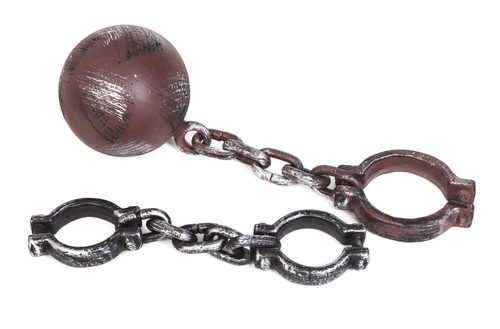
9. “Starvation seemed to stare them in the face.”
Orwell chooses to write much of ‘Animal Farm’ in a simplistic way. However, “starvation” is personified in this quotation which highlights a number of things. Firstly, it could be obvious as there is physically a lack of food in front of them. Alternatively, it could also mean that the poor treatment they are receiving in the name of socialism is blindingly obvious. The animals are starving while the pigs are getting fatter and fatter. In this way, the personification highlights stark inequality.
10. “For we know now, it is all written down in the secret documents that we have found that, in reality, he [Snowball] was trying to lure us to our doom”
Here we see an example of Snowball being used as a scapegoat to mask Napoleon’s failings. The use of the verb “lure” presents Snowball as premeditated and malicious, a side that we never witness in the novella. The use of the noun “doom” is emotive, suggesting that Snowball exists to try to destroy the animals and the farm. The use of this sensational language makes it easy for the animals to unite against the common enemy and ignore the suffering at the hands of their leaders.
11. ‘The tale of confession and executions went on, until there was a pile of corpses and…[the air] heavy with the smell of blood.’
This quote represents the show trials and public executions in Stalinist Russia. The purpose of these events was to instil fear into the masses to prevent any dissent. “Pile of corpses” creates a detached and matter-of-fact tone. Orwell chooses to dehumanise the characters, perhaps showing the mindset the animals had to adopt to ensure their own safety. The sensory language to describe the “heavy…blood” highlights the brutality of Napoleon’s regime.
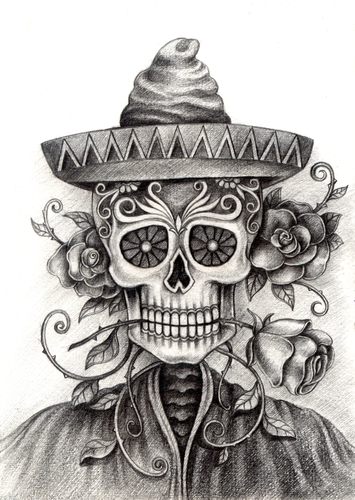
12. “Reading out the figures in a shrill, rapid voice, he proved to them in detail that they had more oats, more hay, more turnips than they had had in Jones’s day, that they worked shorter hours, that their drinking water was of better quality, that they lived longer, that a larger proportion of their young ones survived infancy, and that they had more straw in their stalls and suffered less from fleas.”
Here we see Squealer’s ability to convince the animals that conditions were better through this list. The use of asyndeton here creates a seemingly never ending list, showing how much the animals’ lives have improved. When combined with the adjectives “shrill” and “rapid” shows the reader that Squealer has no intention of being interrupted during his speech. However, it is worth noting that despite all of the positives that are listed, there is a great deal of suffering that is simply left out. Again, Orwell chooses to highlight the dangers of propaganda here.
13. In chapter 8, Squealer delivers some news to the animals: “his tail hanging limply behind him, and with every appearance of being seriously ill. He called the animals together and told them that he had a terrible piece of news to impart. Comrade Napoleon was dying!”
Here we see Orwell use humour to describe Napoleon’s hangover. The physical description of Squealer combined with the exclamatory sentence that “Comrade Napoleon was dying” creates a comical tone when we realise he is suffering the after effects of drinking alcohol. Orwell uses satire here to show the pigs’ greed and lack of control as they begin to resemble humans more and more.
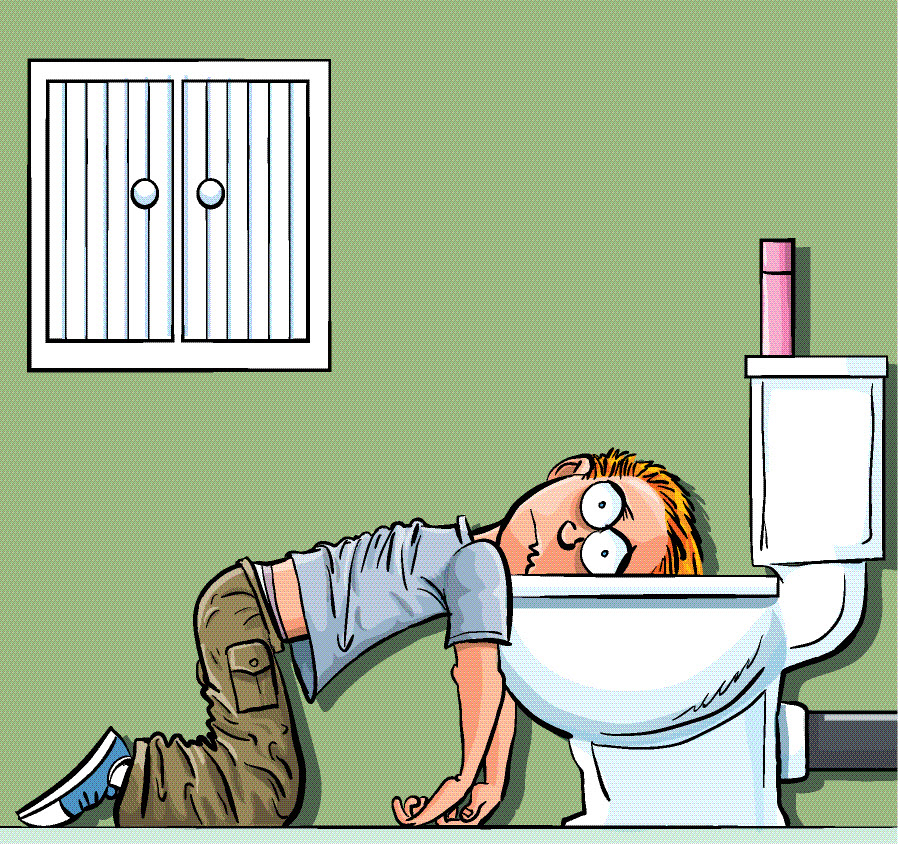
14. “ALL ANIMALS ARE EQUAL, BUT SOME ARE MORE EQUAL THAN OTHERS”
By the end of the novella, this is the final commandment. The original rule that “all animals are equal” was the cornerstone for the socialist revolution. However, the final commandment subverts the meaning with the addition of “but some are more equal than others”. This contradictory statement exposes the failure of a tyrannical socialist regime and highlights how the animals have been mistreated. By stating this as a commandment, the animals have been duped as they believe the commandments are law.
15. “If you have your lower animals to contend with,” he said, “we have our lower classes!”
These words in the final chapter show the reader the complete breakdown of the socialist regime. Lenin’s aim was for Russia to be an equal, classless state. However, Stalin’s regime replaced this ideal for a dictatorship. Napoleon’s meeting with the other farmers exposes that the primary concern for all of the leaders is not about class or equality, but power. We can see the cyclical structure of the novel - Instead of the animals being oppressed by Jones, they are now oppressed by the pigs. One thing that hasn’t changed, is that they are overpowered.
You should always refer to your own text when working through these examples. These quotations are for reference only.

